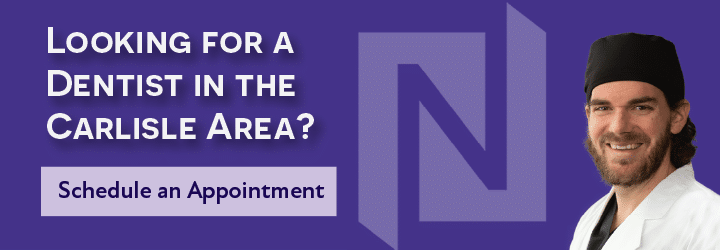
Do Kids Need Fillings on Baby Teeth?
After parents are advised their child has a cavity, the most common question asked is: “Do baby teeth need fillings? Can’t we wait until the tooth falls out?” You should take your child’s cavities in their primary teeth just as seriously as you should take them in permanent teeth – meaning, you should seek the assistance of a dental professional as soon as possible for diagnosis, treatment, and to avoid other issues. There are several factors that go along with determining if a baby tooth needs fillings.
The size of the cavity:
If the cavity has reached the inside layer of the tooth called dentin it can spread fast. At that point, our office recommends filling the tooth.
If the cavity is bigger and on multiple surfaces of the tooth we may recommend the tooth be restored with a crown. If the cavity is so big that a filling or crown wouldn’t fix the tooth properly, your pediatric dentist will recommend extraction.
Sometimes the tooth only has a tiny “Pre-cavity spot”. Pre-cavity spots are areas of demineralization where the cavity- is just starting to invade and infect the tooth. In these cases, dentists will monitor these areas to see if they get bigger and recommend you improve oral hygiene.
How Soon will the Baby Tooth Fall Out?
If the tooth is going to fall out soon we may recommend just improving oral hygiene with brushing and flossing as well as coming to regular check-ups with your pediatric dentist. This will typically be recommended if the baby tooth is loose or is projected to get loose within the next 6-12 months.
We assess this by seeing how much of the baby tooth root is still present. As the adult tooth prepares to come in, it will dissolve the baby tooth root more and more over time. X-rays are necessary to answer this question.
Assessing your child’s cavity risk
Cavities are infections and our office may recommend fixing cavities on baby teeth if it is a significant infection. Cavities can pass from tooth to tooth, just like a cold. So, if you leave a cavity in a tooth long enough, your child’s other teeth can start to get cavities.
Preventing Childhood Cavities
The power to avoid cavities in the future is in your hands, simply by practicing proper dental care and diet. To prevent your child from developing additional cavities, you should:
- Supervise their oral care routine until they are old enough to perform it properly themselves.
- Clean your infant’s or toddler’s teeth using a child’s toothbrush and fluoride toothpaste.
- Offer healthy foods and educate them on avoiding overly sugary or acidic foods and drinks.
- Schedule visits to their dental professional at least once every six months.
Get the Tooth Evaluated
If your child has a high risk of getting even more cavities, your dentist may recommend fixing the tooth so the others are protected. If you think your child may have cavities, please call our office at 717-243-9020 for an appointment.



